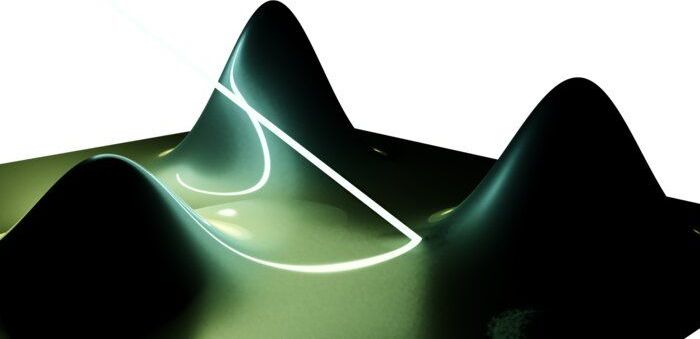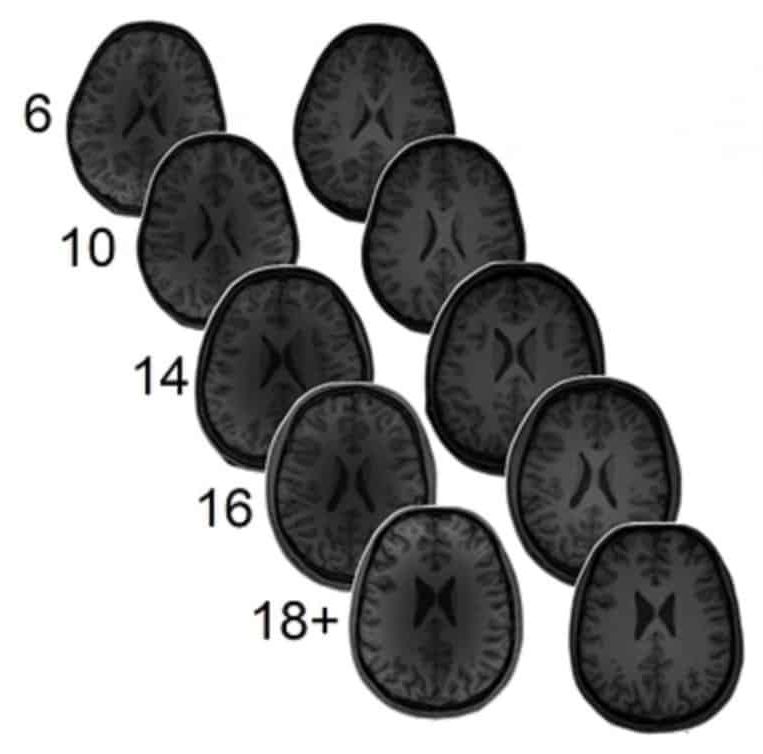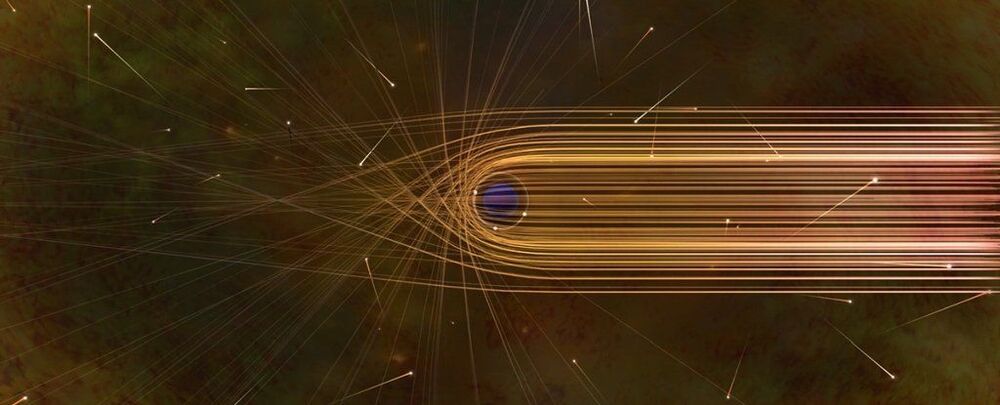Mathematicians have proved that a geometric object called the Fargues-Fontaine curve can connect arithmetic and geometry. The work is a major advance in one of the most ambitious projects in mathematics.
The grandest project in mathematics has received a rare gift, in the form of a mammoth 350-page paper posted in February that will change the way researchers around the world investigate some of the field’s deepest questions. The work fashions a new geometric object that fulfills a bold, once fanciful dream about the relationship between geometry and numbers.
“This truly opens up a tremendous amount of possibilities. Their methods and constructions are so new they’re just waiting to be explored,” said Tasho Kaletha of the University of Michigan.
The work is a collaboration between Laurent Fargues of the Institute of Mathematics of Jussieu in Paris and Peter Scholze of the University of Bonn. It opens a new front in the long-running “Langlands program,” which seeks to link disparate branches of mathematics — like calculus and geometry — to answer some of the most fundamental questions about numbers.






